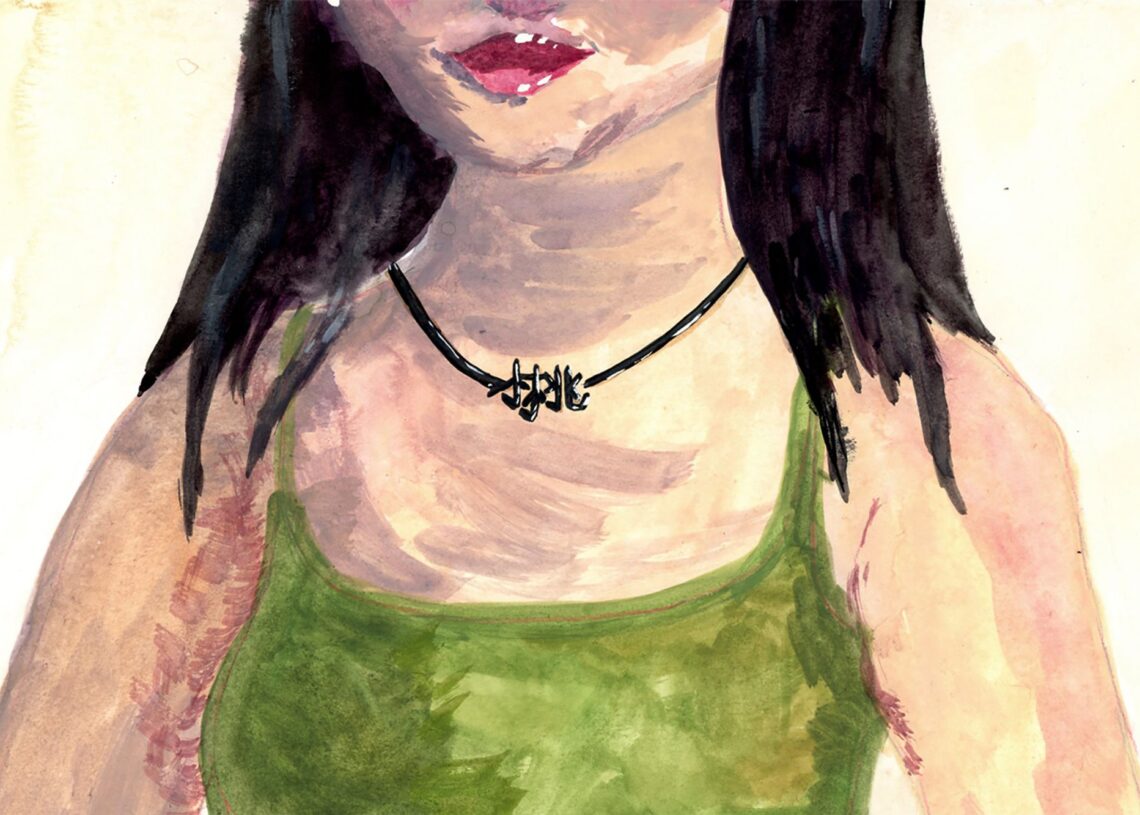When I was 9 years old, I hated my middle name.
In second grade, my class played an activity where we had to find someone who shared the same middle initial as us. Classmates mingled, excitedly asking each other’s middle names, while there came replies of “Grace!” or “James.” But when someone asked for mine, I just answered, “It starts with an ‘R.’” I had hoped other kids assumed that my middle name was Rose — something simple, classic, American. I didn’t tell them that my middle name was actually Raomei and that it was not American but, in fact, Chinese.
For transracial adoptees, our names are more than just names. It represents an obscure history, complex emotions, and, at times, a major identity crisis. Having been born in China, adoptees are first given Chinese names. According to traditional Chinese naming culture, biological families would carefully choose our names to symbolize auspicious qualities like wealth or beauty. Yet, because of our origin, most adoptees’ names come from orphanages, not biological families. Although the Chinese orphanages may still have selected first names with unique meanings, they usually dealt out more impersonal surnames like “Gong,” “Yang,” or “Fu” that essentially identified a child as an orphan. Adoptees’ names then change when we gain our adoptive parents’ surname and a new English first name.
Most adoptees have our Chinese names as part of our legal name. It remains a first name for some but becomes a middle name for a majority. These Chinese names are very much attached to our cultural ties, sense of belonging, and adoptee identity, even if people generally don’t use their middle names often. I am curious about the relationship between adoptees and their names. Aside from legal matters, when do we use our Chinese name, and when do we not? Why might we include it in some spaces but not others? And finally, how do we feel about our name, and what does it mean to us as…
Read the full article here





